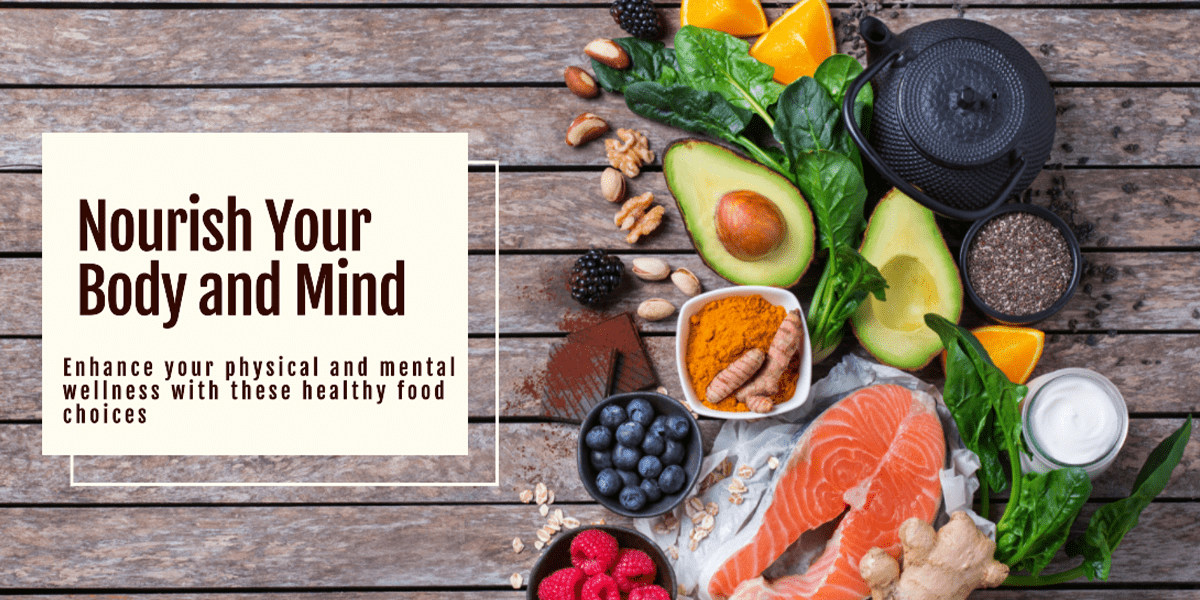There are things about balanced nutrition that people don’t want you to know. Countless books and articles promise the secrets to achieving a healthy weight and optimal well-being. However, these narratives often paint a picture too perfect to be true, omitting crucial information and perpetuating myths.
Hidden Truths About Balanced Nutrition
The way to a healthier lifestyle is through balanced nutrition and diet. Let’s uncover the hidden truths about balanced nutrition, and help you achieve your fitness goals and a healthy lifestyle.
1. The Overrated Importance of Specific Diets:
While various diets like Paleo, Vegan, and Keto may boast unique benefits, the truth is, that they all share fundamental principles of balanced nutrition. These principles include:
- Moderate calorie intake: Consuming fewer calories than you burn is crucial for weight loss. However, extreme calorie restriction can be counterproductive and lead to muscle loss.
- Balanced macronutrients: Aim for a balanced intake of carbohydrates, protein, and fats. Each macronutrient plays a crucial role in various bodily functions. The most common range of macros from daily calories is roughly between 45–65% from carbs, 20–35% from fats, and 10–35% from protein – depending on your specific goal.
- Micronutrient sufficiency: Ensure your diet is rich in essential vitamins and minerals for optimal health.
- Fiber intake: Adequate fiber intake promotes digestive health and helps you feel fuller for longer, aiding in weight management.
- Food variety: Eat a diverse range of foods from all food groups to maximize your nutrient intake.
Focusing on these fundamental principles, regardless of the specific diet you choose, will provide a more solid foundation for achieving your health goals.
2. Dieting: Just One Piece of the Puzzle:
While dieting plays a crucial role in weight management, it is only one piece of the puzzle. Other factors influencing health and well-being include:
- Exercise: Regular physical activity is essential for maintaining a healthy weight, improving cardiovascular health, building strong bones, and boosting overall mood and energy levels.
- Sleep: Adequate sleep is crucial for optimal physical and mental health. Aim for 7-8 hours of quality sleep per night.
- Stress management: Chronic stress can negatively impact your health. Practice relaxation techniques such as yoga, meditation, or deep breathing to manage stress effectively.
- Social support: Having a strong social support system can provide encouragement and accountability, contributing to your success in achieving your health goals.
By incorporating these various aspects into your lifestyle, you can create a holistic approach to health and well-being that goes beyond just balanced nutrition.
3. The Downfall of Chronic Dieting:
Chronic dieting, characterized by dieting or restrictive eating patterns, can have detrimental effects on health. These include:
- Metabolic slowdown: Your body adapts to chronic calorie restriction by lowering its metabolic rate, making it harder to lose weight in the long run.
- Nutrient deficiencies: Restrictive diets may lead to deficiencies in essential nutrients.
- Muscle loss: Chronic dieting can lead to muscle loss, which can further decrease your metabolic rate and negatively impact your overall health.
- Psychological stress: Constant focus on weight and restriction can lead to anxiety, depression, and unhealthy eating habits.
Instead of engaging in chronic dieting, aim for sustainable, balanced eating patterns that nourish your body and support your health goals.
4. Myths of Fat-Burning Foods and Detoxes:
The concept of “fat-burning foods” often misleads individuals into believing specific foods possess magical properties for weight loss. The truth is:
- Your body utilizes a variety of fuels for energy, including carbohydrates, fats, and even protein. While certain foods may slightly influence metabolic pathways, their impact is often minimal, as compared to a balanced nutrition-based diet.
- Sustainable weight loss is achieved through a balanced diet, calorie deficit, and regular exercise. No single food can significantly accelerate fat loss.
- Detox diets are largely unnecessary. Your body possesses natural detoxification systems, including your kidneys, liver, and immune system, which work tirelessly to eliminate toxins.
Focus on incorporating whole, unprocessed foods into your diet, and avoid relying on marketing claims that promise quick fixes.
5. Distinguishing Between Weight Loss and Fat Loss:
When it comes to weight loss, understanding the difference between weight and fat loss is crucial.
- Weight loss can involve shedding water weight, muscle mass, and fat.
- Fat loss specifically refers to the reduction of body fat, which is the primary goal for many individuals seeking to improve their health and physique.
Rapid weight loss often involves shedding water weight, which can be misleading. True fat loss requires a consistent, sustainable approach that prioritizes healthy eating, regular exercise, and adequate sleep.
Remember, the journey toward optimal health is a marathon, not a sprint. By focusing on fundamental nutritional principles, incorporating exercise, and prioritizing long-term sustainability, you can achieve your wellness goals and enjoy a healthy, fulfilling life. Let this article be your guide to navigating the often-misleading world of balanced nutrition. Arm yourself with knowledge, embrace a balanced approach, and embark on a journey towards genuine, lasting well-being.
References



